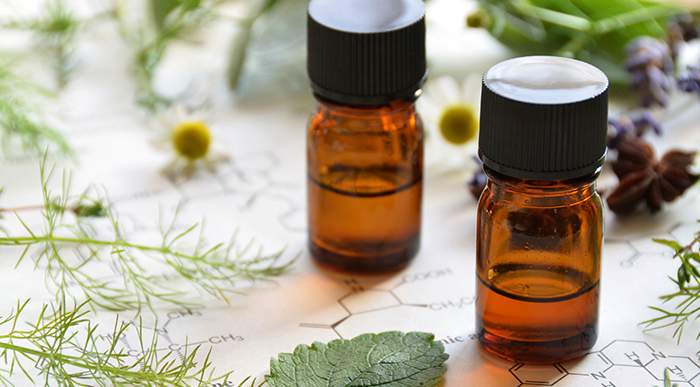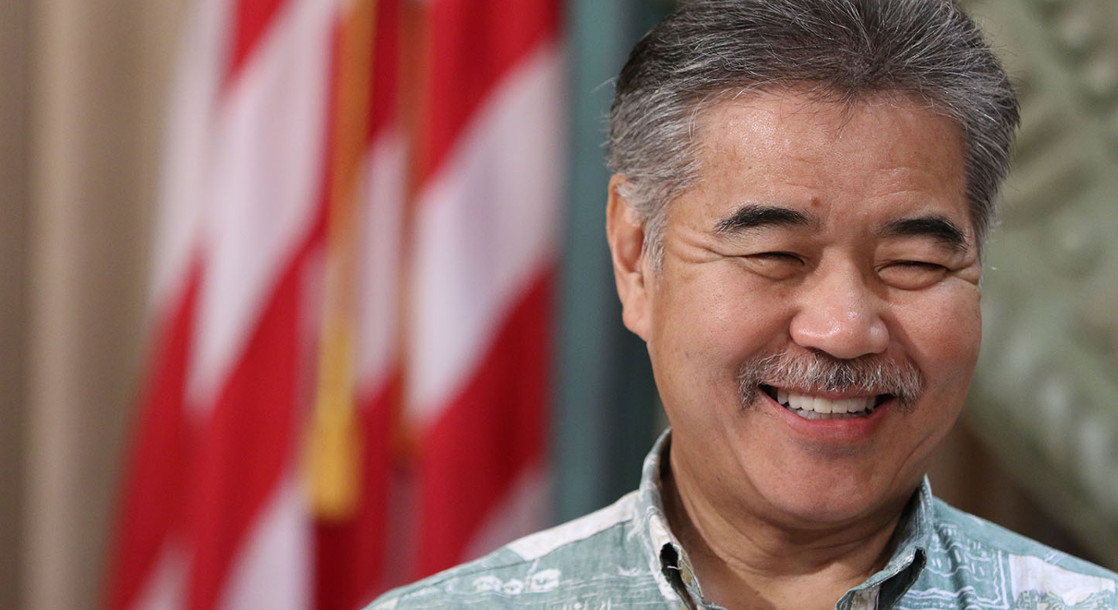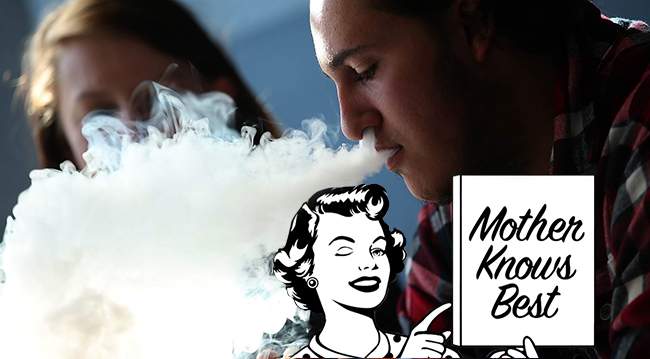According to the Drug Awareness Warning Network Annual Report, cannabis consumption has never caused death, making it an ideal substitute for harmful pharmaceutical medications on the market. Cannabis as an effective and safe therapeutic plant medicine dates back to 2700 BC, likely further, and used to play a major role in American pharmacopoeia up until prohibition. With medical marijuana initiatives approved in Florida, North Dakota, and Arkansas in the recent election, cannabis as a viable therapeutic treatment option is growing steadily in the United States and patients with disabilities are gaining opportunities to see if cannabis treatments are right for them.
Families, doctors, and educators have begun to analyze cannabis’ possible use on developmental and behavioral problems such as attention deficit/hyperactivity disorder and autism spectrum disorder in addition to neurological disorders like epilepsy.
“Our son has never been high on cannabis like he was on pharmaceuticals. He was a zombie,” says Amy Hilterbran, Colorado State Chair at CannaMoms and co-founder of the American Medical Refugees Foundation.
After Hilterbran’s son, Austin, was diagnosed with Dravet Syndrome, otherwise known as severe myoclonic epilepsy of infancy, he spent 10 years trying pharmaceutical treatments to mitigate the hundreds of grand mal seizures he experienced in a single day. They did nothing to help his seizures and only worsened his condition due to horrendous side effects. Austin’s organs shut down as a result of pharmaceutical use, leading to hospitalization and life support. That’s when Amy and her husband Jason decided to leave the life they knew in Oklahoma to explore the world of medical marijuana in Colorado. Once Austin was introduced to the therapeutic benefits of cannabis, his seizures were reduced by 95 percent and his quality of life has improved by leaps and bounds.
Elsewhere, despite living in a weed-friendly state, Oregon-based Half Baked Labs’ founder and canna-chef William J. Stewart is finding it a challenge to introduce regular CBD treatments to his 16-year-old daughter with cerebral palsy to avoid the undesirable side effects caused by her current seizure medications. “She lives at Providence Child Center, and while we have permission to administer cannabis to her, and the doctors are very supportive, they cannot institute a regular treatment plan because Medicare/Medicaid rules will not allow them to administer it,” says Stewart.
Both stories are bittersweet. Although Hilterbran has significantly improved her son’s health by becoming a medical marijuana refugee, her husband had to give up his career as a firefighter and they’ve left their remaining children behind in their hometown of Choctaw, Okla. And even though Stewart lives in a legal cannabis state, he struggles to work within the confines of the insurance system, presenting major roadblocks to his daughter’s care.
These stories are familiar and there are no easy answers. Weed refugees from all over the country are flocking to states that will allow them to seek proper treatment. Patients and caregivers who are living in legal states are forced to navigate red tape. While great strides have been made in the quest for healthier medicinal alternatives, there’s still much advocacy work and research that needs to be done before cannabis gets in the hands of those who need it. Hopefully, a clear path to whole plant medicine will soon exist.
“Special needs children’s families and their doctors should be aware of medical cannabinologic approaches that could be helpful in symptom management and pharmaceutical substitution,” says Dr. Sunil Kumar Aggarwal, a Seattle-based Palliative Medicine Physician and studied cannabinologist.
Modern research is proving that cannabis is an indispensable resource with a vast spectrum of clinical applications, including anxiety, depression, nausea, glaucoma, pain relief, spasticity, appetite stimulation, and movement disorders, to name a small few. Keep advocating for change and increased testing and we’ll discover what other benefits this miracle plant offers for those in need.
If you’d like to help cannabis reach those in need, reach out and show your support to organizations such as CannaMoms, Americans for Safe Access, Parents 4 Pot, Multidisciplinary Association for Psychedelic Studies, Foundation of Cannabis Unified Standards, and Marijuana Policy Project.











